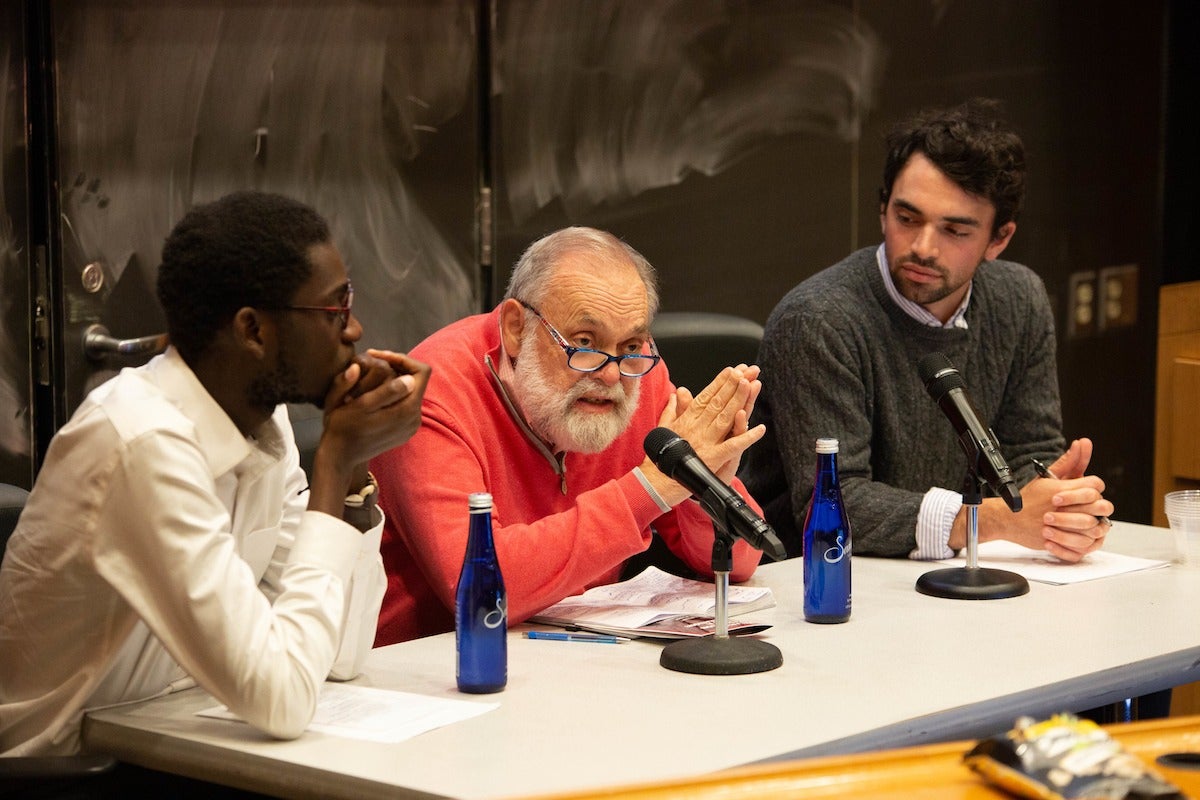Related Topics
How China vanquished malaria—and what African countries can learn from the experience
How China vanquished malaria—and what African countries can learn from the experience—was the focus of a digital symposium cosponsored by Harvard.
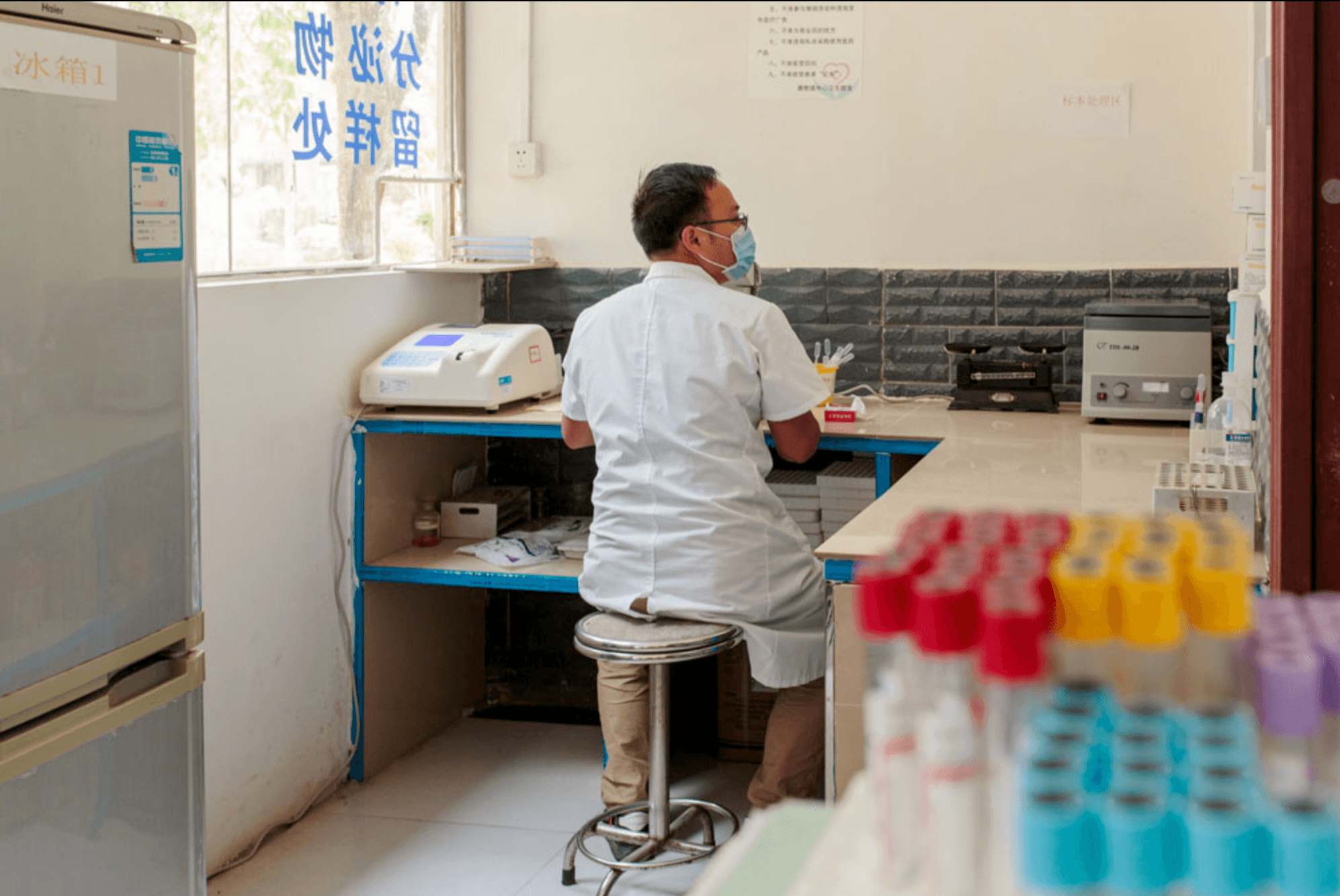
Significant gaps in care persist for children diagnosed with malaria in sub-Saharan Africa
Children diagnosed with malaria in nine sub-Saharan African often did not receive recommended care, and as many as 20% of children diagnosed with malaria in these countries received no antimalarial at all, according to new research from Harvard…
Bridging the Know-Do Gap
Ariadne Labs’ Better Evidence program brings the most up-to-date clinical knowledge to health care providers in resource-poor countries.
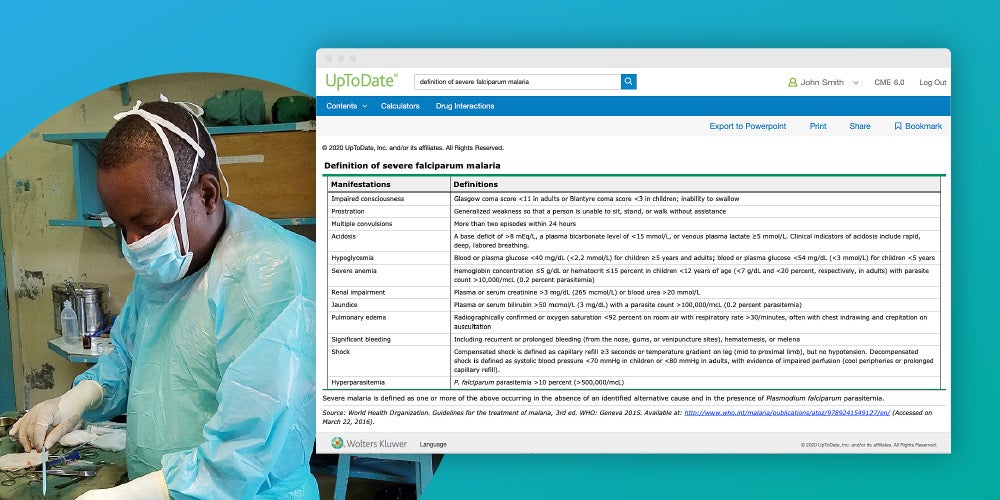
A Better Insect Repellent
Abraar Karan, MPH ’17, wants to launch a long-lasting repellent in countries suffering from malaria and other vector-borne diseases.
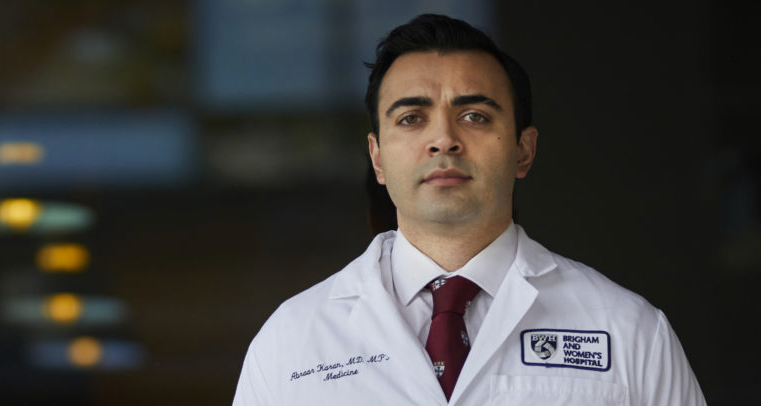
Africa CDC head is driving a new public health agenda on the continent
African nations are making a concerted effort to develop a continent-wide strategy for improving public health, says the director of the Africa CDC.
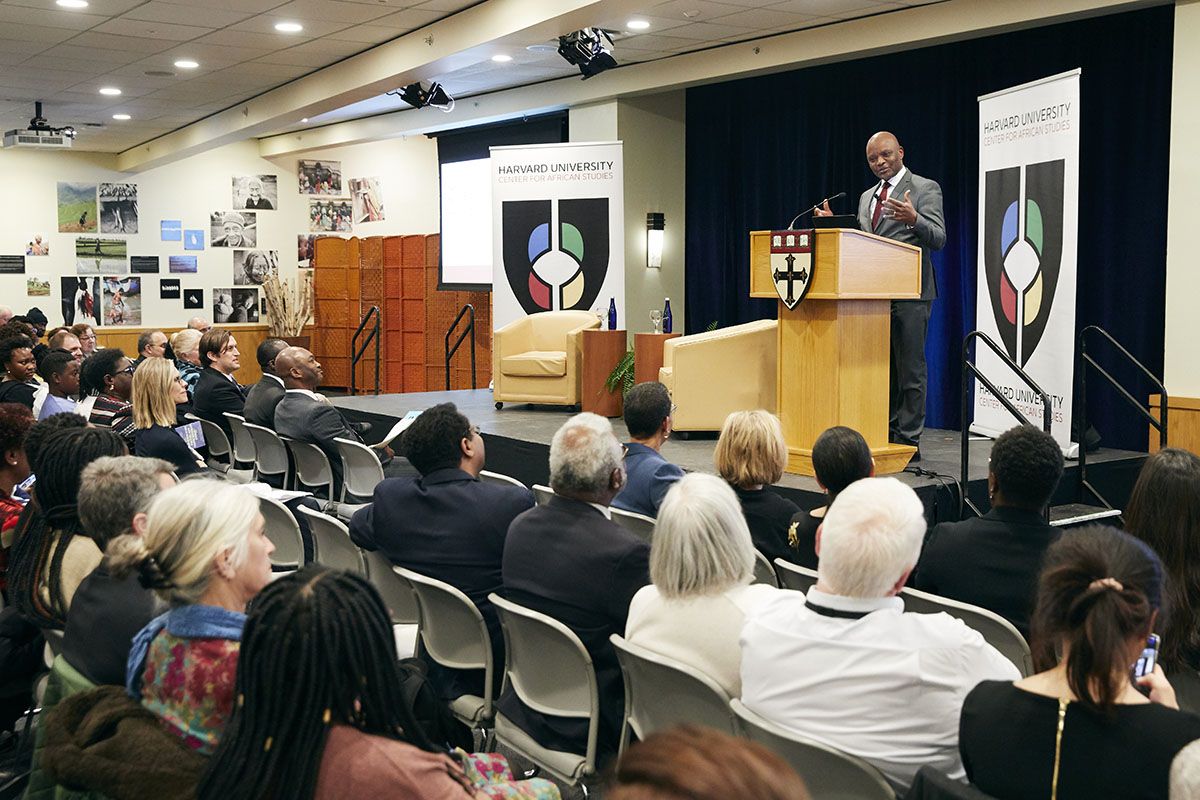
We rely on fossil fuels—but ‘they’re killing us’
Air pollution is killing almost 8.8 million people each year—more annual deaths than tobacco smoking, HIV, and vector-borne illnesses such as malaria and dengue, according to a new study from a European research team. The authors of the…
Can repurposing the drug ivermectin help control malaria?
Researchers are increasingly intrigued by the prospect of using ivermectin, a drug normally used to treat parasitic worms, as a way of controlling mosquito populations to drive down malaria rates, according to news reports. Regina Rabinovich, ExxonMobil Malaria…
A tech-centric approach to reducing mosquito-borne diseases
Hyegi Chung, MPH ’18, and former Harvard Chan postdoc Evdoxia Kakani met with students to talk about their work at Verily—a subsidiary of Alphabet, the parent company of Google—on using a tech-centric approach to reduce mosquito-borne diseases.

Stephen Marks, Dyann Wirth named AAAS Fellows
Professors Stephen Marks and Dyann Wirth of Harvard T.H. Chan School of Public Health have been named Fellows of the American Association for the Advancement of Science (AAAS). Marks, François-Xavier Bagnoud Professor of Health and Human Rights in…
Can the world eradicate malaria by 2050?
Can the world eradicate malaria by 2050? That was the focus of a point-counterpoint discussion at Harvard Chan School, part of Worldwide Week at Harvard.
